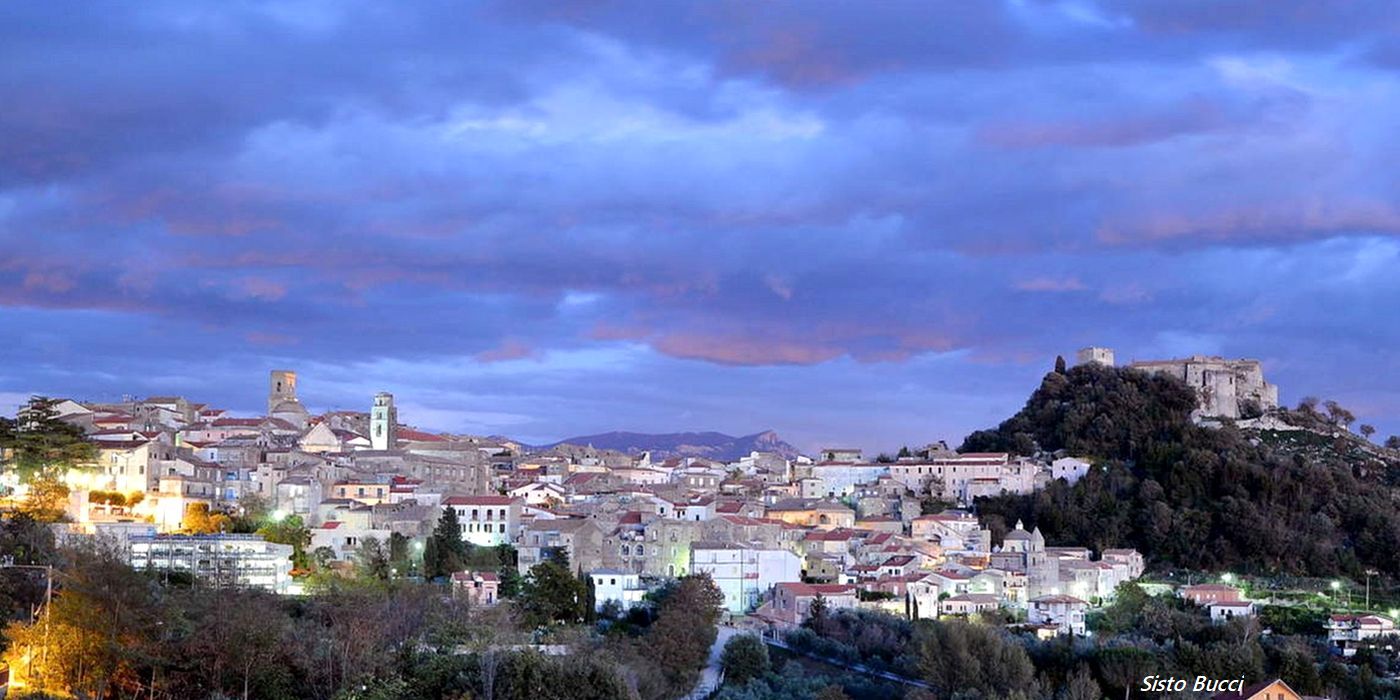Moscow. Trophimov: the ‘Wagner’ rebellion was a dangerously destabilising event, but the end of Putin’s authority is nowhere in sight

It had seemed that a genuine coup attempt (which eventually failed) was under way. But it now appears to be a murky and ambiguous matter of power and money. Despite the rumours and assurances regarding the latest meetings with Putin, the fate of Wagner leader Yevgeny Prigozhin and his fighters is unclear. It had seemed that the march on Moscow could turn the tide, undermine Putin and even bring about a reversal of the invasion of Ukraine. The West hoped this would happen, but so far this has failed to materialise. SIR asked Professor Sergei Trophimov, Associate Professor of the Sociology of Mass Communication at the Faculty of Journalism at Moscow’s Lomonosov State University, for his reading of the events. Professor Trophimov is currently in Dushanbe (Tajikistan) examining candidates for admission to Lomonosov’s Tajik faculty.
Professor, how do you interpret the events of the past few days in relation to Prigozhin and his troops?
The rebellion of the private military company ‘Wagner’ was a dangerously destabilising development for Russia. Any attack on them by the federal armed forces, including the Chechen military unit ‘Akhmat’, could have resulted in the destruction of the city of Rostov and the death of a large number of civilians. Fortunately, this was averted through negotiations. By comparison, when the fire broke out in Notre Dame Cathedral in Paris, the authorities were widely criticised for not using fire-fighting helicopters to extinguish the blaze that collapsed the thousand-year-old wooden roof. But the use of a Canadair aircraft to dump tonnes of water on the burning roof would have made matters worse, causing the collapse of the stone ceiling that had been weakened by the flames. My opinion is based on the information that has been made public, and there are no additional reliable reports in the foreign press. Moreover, in my opinion, French and Polish news sources don’t always understand what is really happening in Russia and the alignment of forces. This leads to misleading conclusions. The most factual interpretation seems to be that the mutiny of the “Wagner” fighters was an attempt to defy not Putin, but the Ministry of Defence of the Russian Federation, which – the day before the mutiny – had announced the dissolution of a private military company, which, incidentally, was entirely financed by the federal budget.
Is Putin’s authority coming to an end?
No. Definitely not. On the contrary, recent events have shown that the population and the majority of Russian politicians support his leadership. Not least because it would have been dangerous for us to get involved in an internal armed conflict and civil war.
Was there a realistic chance that Prigozhin would succeed?
Absolutely not. The ‘Wagner’ fighters would not have been able to stand up to the federal forces, despite their vast military experience. As I said, the mutiny was a ploy against the Ministry of Defence.
From a Western perspective, the local population seemed somewhat oblivious, almost indifferent: was that really the case?
It probably was. Civilians could not have been actively involved in this conflict. It turned out that the support of the people of Rostov, which could be seen in the ‘Wagner’ footage, was in fact a set-up by the same company. On the other hand, many Russians, especially in Rostov-on-Don, protested against the rebels’ behaviour and even appealed to the military in the streets, fearing the destabilisation of the country and its destruction as a result of an open battle between military forces in the city.
Do you think there is a greater or lesser chance of restoring peace, also in the light of Cardinal Zuppi’s recent visit to Moscow as Pope Francis’ envoy?
Catholics in Russia place great hope in the peacemaking efforts of the Vatican, Pope Francis and Cardinal Matteo Zuppi. However, it must be remembered that Catholics are a minority (less than 1%) in a country with an Orthodox (and/or secular) majority. While there was coverage of the cardinal’s visit in the Russian press, including the national press, it was not widely known among the Russian people. If you ask the man on the street to comment on this visit, many will say that they were not aware of it. The Cardinal’s visit was promoted as a way of identifying humanitarian initiatives that could pave the way for peace. Let us hope that this is the first step towards greater understanding and a much-needed safer world for all.
What is life like in Moscow these days?
Life in Moscow today is probably much calmer than in Paris or many French cities, for example. People are aware that the situation is dangerous. At the beginning of May, several houses in the south-west of Moscow were slightly damaged by a NATO drone attack launched by the Ukrainian army. Last year’s announcement of a partial mobilisation and Wagner’s mutiny led to attempts by some sections of the population to flee abroad, but it was an uneven reaction – a strong one in the immediate aftermath of the events that subsided quite quickly. Life went on almost as usual. As a result of Wagner’s uprising, school holidays in some cities, including Moscow, have been postponed by a week, as have graduation ceremonies. However, students are now sitting university entrance exams and Muslims in Moscow had extensive celebrations of the Feast of the Sacrifice. As usual, many families are heading to the countryside to relax during the summer, while others are planning holidays and sightseeing trips around the country. Domestic tourism has increased due to the fact that European tourism, which used to be very popular in Russia, is no longer possible. Nevertheless, we hope for the best.
(Fonte: AgenSIR – News archiviata in #TeleradioNews ♥ il tuo sito web © Diritti riservati all’autore)






